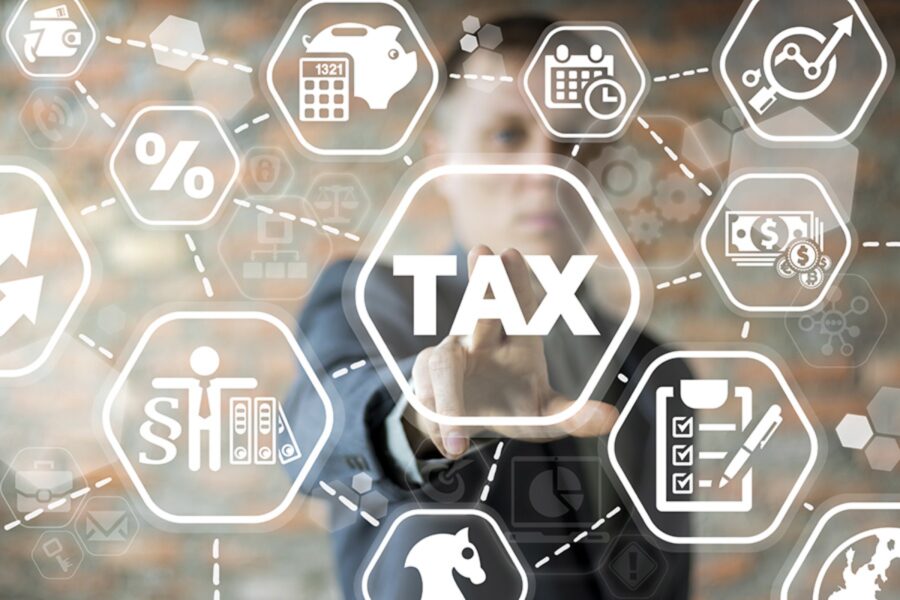Dutch government confirms gambling tax hike

The increase in gambling tax will be introduced in two phases.
The Netherlands.- The new right-wing coalition government in the Netherlands has confirmed plans to increase gambling tax. The 2025 Budget presented by finance minister Eelco Heinen and Prime Minister Dick Schoof yesterday will increase the rate of tax on the income of gambling operators in two phases.
The tax rate will be hiked from 30.5 per cent to 34.2 per cent in 2025 and to 37.8 per cent in 2026. The government said the phased approach was intended to give operators time to adjust to the new system. Meanwhile, the current tax on customer winnings of over €449 will be scrapped.
Gambling industry response
The national lottery operator Nederlandse Loterij had called for lottery to be exempt from the tax rise, arguing that its vertical represents “soft gambling”. It suggested that the tax increase would harm its funding for the Netherlands Olympic Committee (NOC) and professional and amateur sports in the Netherlands.
State-controlled Holland Casino has also raised concerns about the increased tax rate, saying that it could lead to “very undesirable measures”, including a need for aggressive campaigns to recruit more customers in order to stay in the black. The Christian Democratic Appeal (CDA) party is calling for the state to sell Holland Casino.
Meanwhile, Flutter Entertainment has announced that its Tombola.nl bingo brand will leave the Dutch market due to the tax hike as well as new deposit limits that come into force on October 1.
Eric Konings, interim general secretary of the trade group NOGA, urged the government to map the effects of the gambling tax along with other policy changes. He suggested that the move will cause tax revenues to fall and lead to more illegal gambling.
He said: “This will harm the general policy objectives of Dutch gambling policy, which focus on consumer protection and the prevention of fraud, crime, and gambling addiction. If this is abandoned, social costs will rise, leading to additional financial setbacks.”











